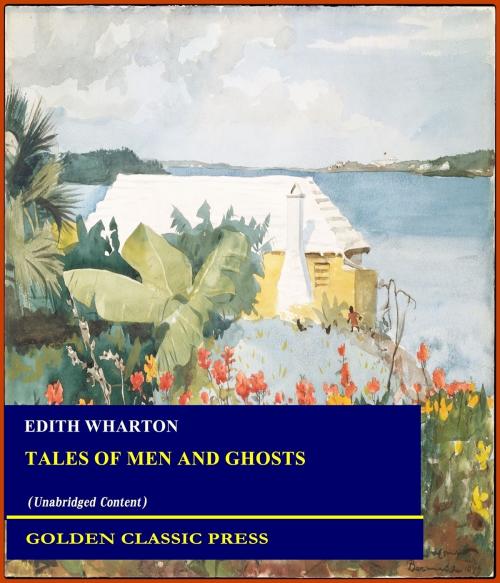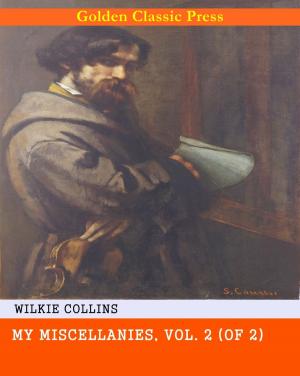| Author: | Edith Wharton | ISBN: | 1230002932620 |
| Publisher: | GOLDEN CLASSIC PRESS | Publication: | November 27, 2018 |
| Imprint: | Language: | English |
| Author: | Edith Wharton |
| ISBN: | 1230002932620 |
| Publisher: | GOLDEN CLASSIC PRESS |
| Publication: | November 27, 2018 |
| Imprint: | |
| Language: | English |
*** Original and Unabridged Content. Made available by GOLDEN CLASSIC PRESS***
Synopsis:
EDITH WHARTON (1862-1937) was one of the most remarkable women of her time, and her immense commercial and critical success-most notably with her novel "The Age of Innocense" (1920), which won a Pulitzer Prize-have long overshadowed her small but distinguished body of supernatural fiction. Some of her finest fantastic and detective work (which oft times overlap) was first collected in 1909 in "Tales of Men and Ghosts." The psychological horror is as important as the literal one here, and subtle ambiguities characterized by the best of Henry James's work (such as "The Turn of the Screw") are also present in Wharton's character studies, such as "The Bolted Door." Is the protagonist a murderer, or is he mad? In the end it may not matter, for it is his descent into madness and obsession that gives the story its chilling frisson. Other tales present men (or ghosts, or what men believe to be ghosts) in a variety of lights, from misunderstood monsters to vengeful spirits to insecure artists. If you have never read Edith Wharton's fantasy work before, you will be captivated and delighted.
*** Original and Unabridged Content. Made available by GOLDEN CLASSIC PRESS***
Synopsis:
EDITH WHARTON (1862-1937) was one of the most remarkable women of her time, and her immense commercial and critical success-most notably with her novel "The Age of Innocense" (1920), which won a Pulitzer Prize-have long overshadowed her small but distinguished body of supernatural fiction. Some of her finest fantastic and detective work (which oft times overlap) was first collected in 1909 in "Tales of Men and Ghosts." The psychological horror is as important as the literal one here, and subtle ambiguities characterized by the best of Henry James's work (such as "The Turn of the Screw") are also present in Wharton's character studies, such as "The Bolted Door." Is the protagonist a murderer, or is he mad? In the end it may not matter, for it is his descent into madness and obsession that gives the story its chilling frisson. Other tales present men (or ghosts, or what men believe to be ghosts) in a variety of lights, from misunderstood monsters to vengeful spirits to insecure artists. If you have never read Edith Wharton's fantasy work before, you will be captivated and delighted.















